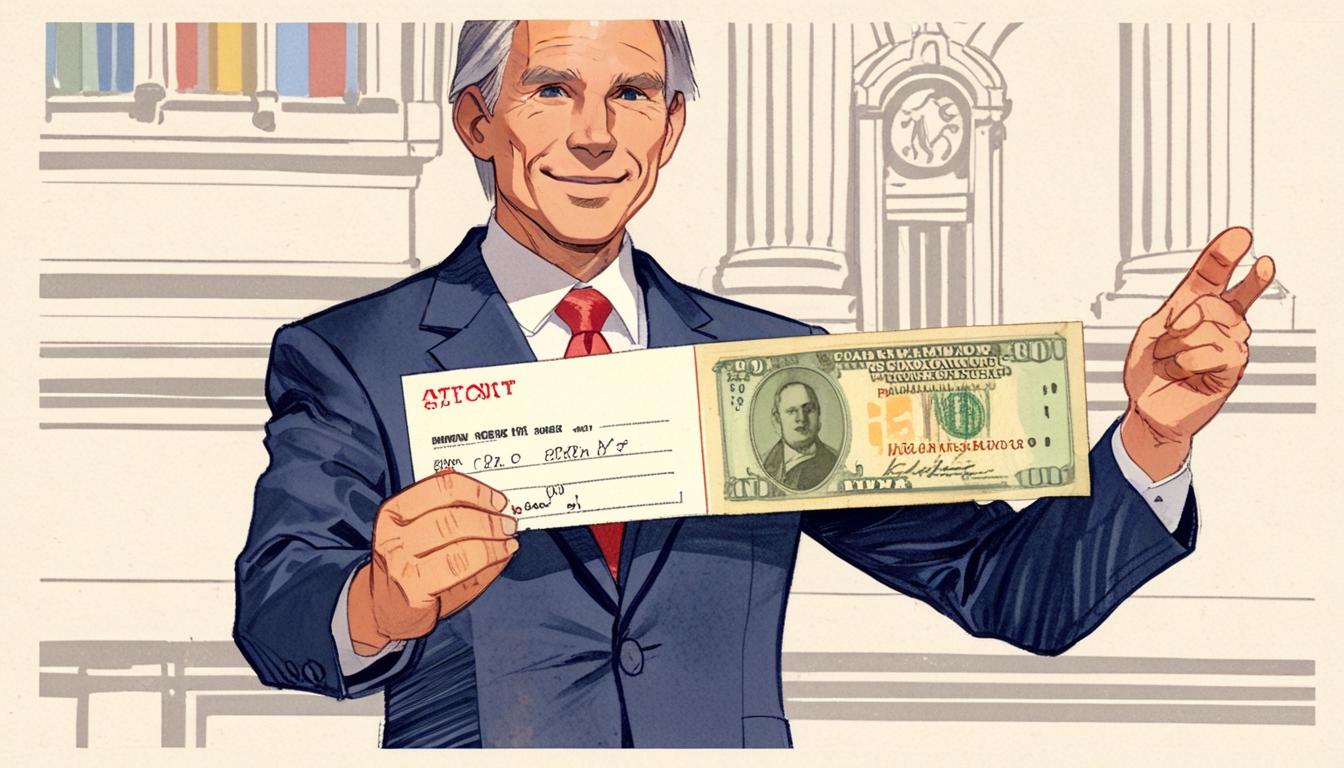In a development that marks a significant shift in Texas education policy, Governor Greg Abbott is preparing to sign legislation establishing a private school voucher programme. This initiative will allow families to use public funds to send their children to private schools, a goal long championed by conservatives but opposed by many rural Republicans and urban Democrats concerned about the impact on public schools.
The Dallas Morning News reports that Abbott's push represents a strategic victory achieved through persistent political manoeuvring. The Republican governor reportedly utilised extensive campaign resources, including $12 million in donations from Pennsylvania billionaire Jeff Yass, to influence the legislative landscape. Notably, Abbott targeted members of his own party who opposed the voucher scheme, successfully ousting at least nine House Republicans in the 2024 primaries who had previously blocked similar legislation. This manoeuvre fractured the coalition against private school vouchers, clearing the path for the new policy.
Beto O’Rourke, the Democratic candidate who narrowly lost to Abbott in the 2022 governor's race, expressed strong opposition to the voucher plan. Speaking to The Dallas Morning News, O’Rourke said, “I am adamantly opposed to this voucher scam that’s going to hurt kids and public schools.” Despite his criticism, he acknowledged Abbott’s effective use of political power. “That guy was focused,” O’Rourke added. “He used literally every lever at his disposal. He busted the members of his own party who didn’t agree with him and replaced them with lackeys. That worked, and at the end of the day, he realized his goal.”
The voucher programme has been a persistent conservative objective for over 25 years but faced strong opposition from a coalition wary of its effects on public education. Abbott’s success in dismantling this opposition is seen as a masterclass in political strategy, particularly in navigating the charged climate of the Trump era.
Abbott’s chief political strategist, Dave Carney, attributed the shift in Texas political dynamics to a growing “parental rights” movement, fuelled in part by frustration with COVID-19 policies that kept children out of classrooms. “It’s not the political side, it’s the policy side,” Carney commented. “If you put good policies in place, all the other things will fall together.”
The legislation has sparked debate not only among politicians but also within the broader Democratic Party, which is grappling with how to recapture relevance in a state increasingly influenced by conservative grassroots activists. Former U.S. Representative Colin Allred emphasised the importance of continuous civic engagement beyond election periods, stating, “In democracy your responsibilities don’t end just when you vote. It’s also important to be involved in giving feedback to elected officials and your local organisations, your food banks and your public schools, to do what you can to help make things a little better.”
Democrats have generally focused on issues such as affordable health care, education funding, and housing affordability. However, these messages are sometimes overshadowed by culture war debates, including topics like transgender participation in sports, complicating their political communication strategies.
Conversely, conservatives in Texas have demonstrated sustained commitment to their agenda, reflected in long-term efforts to influence education policy and other issues such as abortion rights and voting regulations. The appointment of three Supreme Court justices during Donald Trump’s presidency led to the overturning of Roe v. Wade in 2022 and changes in voting rights laws.
The new voucher programme is set against this backdrop of entrenched ideological contest and evolving political tactics. Abbott recently hosted a tailgate event at a First Dallas Academy football game on 22 September 2023 to celebrate the voucher initiative, underscoring its significance within his administration's priorities.
Looking ahead, the capacity of Democrats to reclaim influence in Texas politics may depend on their ability to mobilise voters year-round and present clear, resonant policy alternatives. Historical precedent indicates that when Democrats have had legislative majorities, landmark reforms have become possible, as seen during the presidencies of Franklin D. Roosevelt, Lyndon B. Johnson, Bill Clinton, Barack Obama, and Joe Biden.
As the private school voucher programme moves closer to enactment, the evolving political strategies of both parties in Texas will likely continue shaping the education landscape and broader policy debates within the state.
Source: Noah Wire Services
